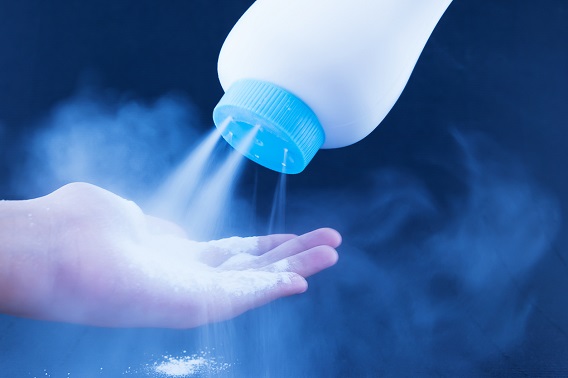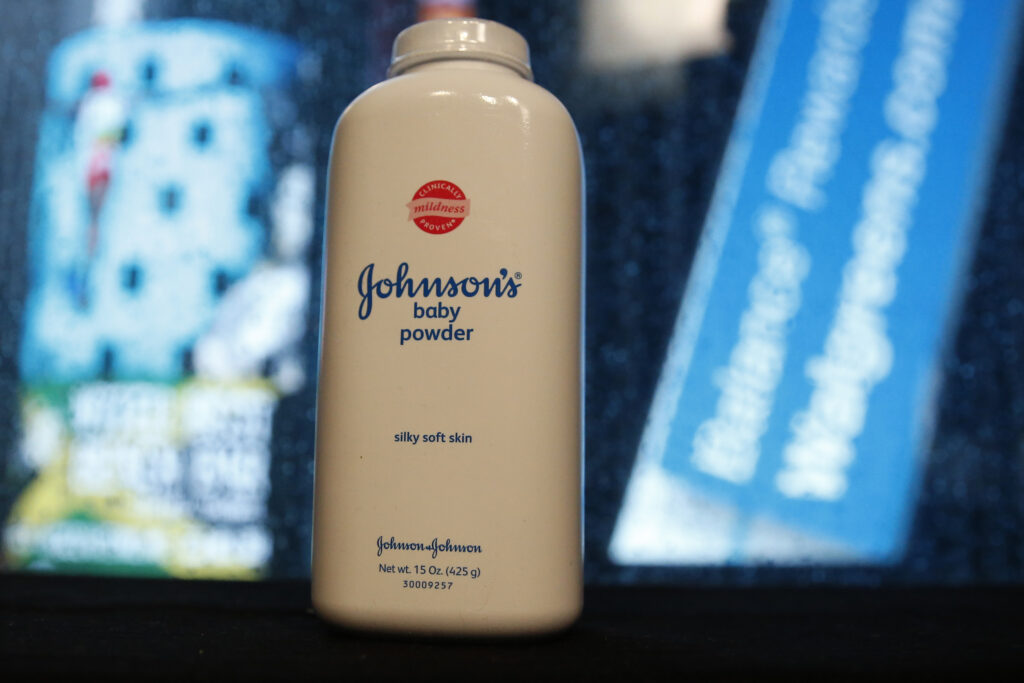In a major legal showdown, global healthcare giant Johnson & Johnson (J&J) is facing a massive lawsuit in the United Kingdom, where nearly 3,000 consumers have filed claims accusing the company of selling baby powder contaminated with asbestos—a substance long known to cause cancer—without issuing any health warnings.
Internal Files Expose Decades of Knowledge
According to reports from major British media outlets, plaintiffs have submitted internal J&J documents and scientific studies revealing that the company allegedly knew about contamination as far back as the 1960s. The materials suggest that tests conducted at the time detected fibrous minerals like tremolite and actinolite, both classified as forms of asbestos, in the talcum powder used in J&J’s products.
Despite this, the company continued to market the product for decades as being “pure, gentle, and safe for babies.”
Marketed as Safe While Risks Were Known
Court filings claim that J&J deliberately chose not to include any health warnings on its packaging. Instead, the company ran large-scale advertising campaigns emphasizing the purity and trustworthiness of its baby powder — a staple in households worldwide for generations.
Plaintiffs argue that these marketing tactics were deceptive and endangered the health of millions of unsuspecting consumers, many of whom are now battling serious illnesses linked to asbestos exposure, including ovarian cancer and mesothelioma.

Company Denies All Allegations
Johnson & Johnson has categorically denied all accusations, stating that its products have always met international safety standards and that its talcum powder “does not contain asbestos and does not cause cancer.” The company insists its baby powder underwent rigorous scientific testing and remains safe for consumer use.
History of Lawsuits and Massive Settlements
The UK lawsuit follows a wave of similar legal challenges in the United States, where J&J has already faced tens of thousands of claims over its talcum powder. While the company has paid out billions in compensation, it has also succeeded in overturning some verdicts through appeals.
In 2023, Johnson & Johnson stopped selling its talcum-based baby powder in the UK, shifting to a cornstarch-based formula. However, the new legal action targets the years when the original product was widely available and heavily marketed across Britain.
Legal Impact: A Landmark for Consumer Rights
Legal experts believe this case could become a turning point in corporate accountability, forcing multinational companies to be more transparent about product safety risks. If found guilty, J&J may face tens of millions of pounds in damages — and possibly set a precedent for future global lawsuits.
Beyond Product Safety: A Question of Ethics
This lawsuit raises deeper questions about corporate ethics and transparency. For decades, J&J built its reputation as a family-friendly brand synonymous with care and trust. Now, the outcome of this case could redefine how corporations are held responsible when profit appears to outweigh consumer health.
As the proceedings unfold, the world will be watching — not just to see if J&J is held liable, but to learn whether justice can truly prevail when corporate power meets public accountability.


